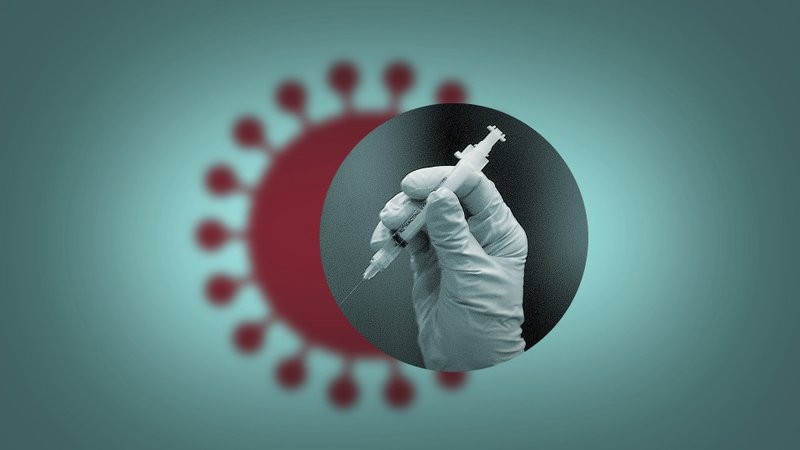The government has decided to inoculate staffers of the United Nations and diplomatic missions and journalists against COVID-19 from Monday ahead of the older people violating its own criteria.
Chief of the vaccination section under the Department of Health Services Dr Jhalak Sharma Gautam told Setopati that preparations are on to inoculate almost 19,000 staffers of the United Nations and diplomatic missions and journalists.
But older people are above staffers of the United Nations and diplomatic missions and journalists in the priority list prepared earlier by the government for inoculation. The government had said it will inoculate health professionals and staffers on the front line in the first stage of the vaccination campaign, and those above 55 years and with chronic illness in the second.
But the Health Ministry has now started preparations to inoculate staffers of the United Nations and diplomatic missions and journalists against the priorities set earlier.
Four hospitals in the Kathmandu Valley have been designated for that purpose. Journalists can get the shots at the Civil Hospital, staffers of diplomatic missions at the Shahid Gangalal National Heart Center and Tribhuvan University Teaching Hospital (TUTH), and staffers of the United Nations at the Patan Hospital.
The decision to violate the criteria has been widely condemned on the social media.
Dr Gautam told Setopati that the government has gone for a certain group considering availability of vaccines as it should go for community scale vaccination if older people were to be vaccinated.
"The doses we currently have are not enough to go to the community. We cannot select a single province or certain places and should go across the country instead," he argued. "We will go for the community immediately after we receive the next batch of vaccines and inoculate everyone including the older people on the basis of priorities."
He added that journalists have been chosen considering availability of vaccines also because the bodies concerned have requested so.
Chairman of the Federation of Nepalese Journalists (FNJ) Govinda Acharya said the FNJ had urged the government to inoculate over 13,000 journalists on the basis of details obtained from all the districts pointing that the journalists also have to go to the front line to gather information.
The government accordingly has decided that those with identity cards issued by the Department of Information and Broadcasting will be inoculated. The FNJ, however, has said even those without the Department of Information and Broadcasting card should be eligible.
Dr Gautam said staffers of the United Nations and diplomatic missions have been chosen in reciprocation considering that Nepalis abroad are also inoculated there.
He stressed that the priorities set earlier can be changed depending on availability of vaccines and the state of risks. "Inmates and people in old-age homes were not set to be vaccinated earlier but they were inoculated first deeming that the loss will be huge if there were outbreak in jails and old-age homes."
A total of 148,857 persons were inoculated in the first stage of vaccination campaign that ended on Saturday. Health professionals, ambulance drivers, staffers deployed in management of corpses and sanitation workers received the vaccines in the first stage.
The government has prepared to inoculate staffers of the United Nations and diplomatic missions and journalists after end of the first stage.

